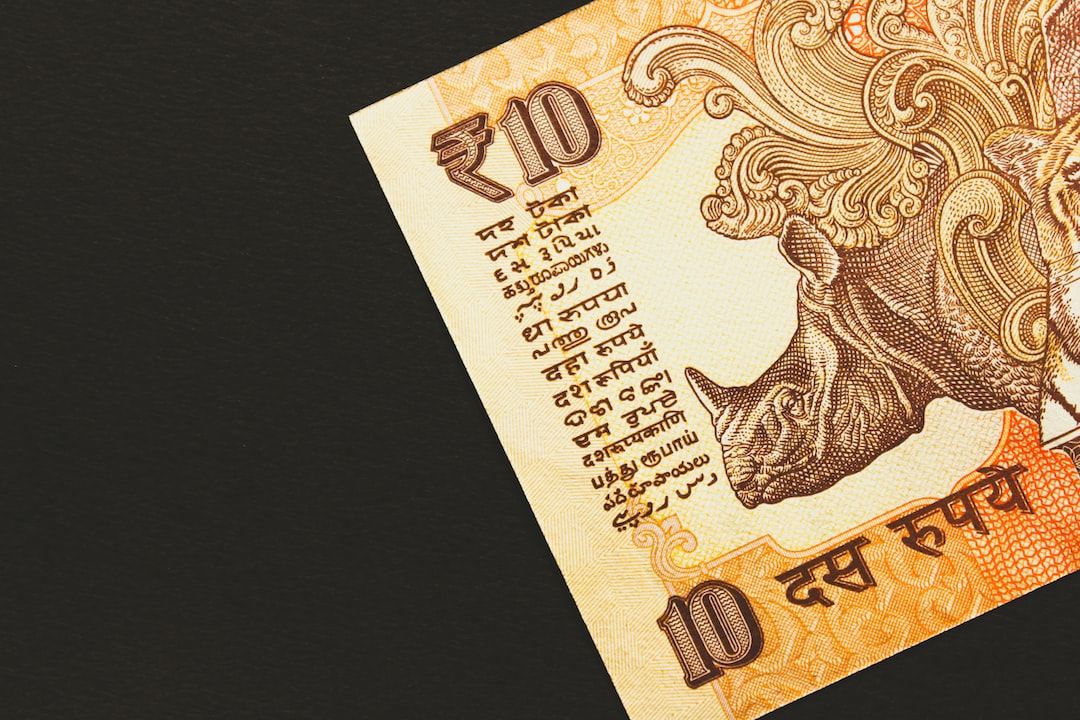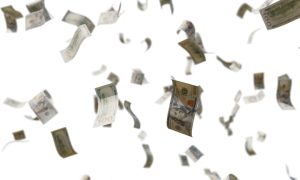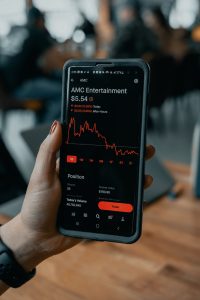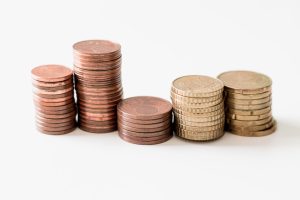Forex trading has become a popular investment choice for many people around the world. It offers the potential for high returns, the ability to trade 24/7, and a low barrier to entry. However, it can be a complex and time-consuming process that requires a lot of research, analysis, and decision-making. This is where forex machines come in. In this article, we will explain what a forex machine is, how it works, and the advantages and disadvantages of using one.
What is a forex machine?
A forex machine is a computer program that is designed to automate the process of trading foreign currencies. It uses algorithms and mathematical models to analyze market data and make trading decisions. Forex machines can be programmed to execute trades automatically based on predetermined rules or parameters. They can also be used to generate trading signals and alerts, which can then be acted upon by the trader.
How does a forex machine work?
Forex machines use a variety of technical indicators and trading strategies to analyze market data and make trading decisions. These include moving averages, support and resistance levels, trend lines, and chart patterns. The machine will analyze historical data to identify patterns and trends that can be used to predict future market movements. It will then use this information to generate trading signals or execute trades automatically.
Forex machines can be programmed to trade in different ways. Some machines use a trend-following strategy, which means they will buy when the market is trending upwards and sell when it is trending downwards. Others use a mean-reverting strategy, which means they will buy when the market is oversold and sell when it is overbought. Some machines use a combination of both strategies.
Advantages of using a forex machine
1. Automation: Forex machines can automate the trading process, allowing traders to execute trades 24/7 without the need for constant monitoring.
2. Speed: Forex machines can analyze market data and make trading decisions much faster than a human trader. This can be especially useful in fast-moving markets where speed is crucial.
3. Objective: Forex machines make trading decisions based on objective rules and parameters, eliminating the emotional biases that can affect human traders.
4. Backtesting: Forex machines can be backtested using historical data to test their performance and refine their trading strategies.
Disadvantages of using a forex machine
1. Lack of flexibility: Forex machines are programmed to follow specific rules and parameters, which can limit their flexibility in adapting to changing market conditions.
2. Complexity: Forex machines can be complex and require a good understanding of programming and trading strategies to use effectively.
3. Risk of errors: Forex machines can make mistakes or encounter technical issues, which can result in losses for the trader.
4. Cost: Some forex machines can be expensive to purchase or subscribe to, and may require ongoing fees for updates and maintenance.
Conclusion
Forex machines are computer programs that automate the trading process by using algorithms and mathematical models to analyze market data and make trading decisions. They offer the potential for faster and more objective trading decisions, but also come with some drawbacks, such as lack of flexibility and the risk of errors. Ultimately, the decision to use a forex machine will depend on the individual trader’s needs, experience, and trading style.






